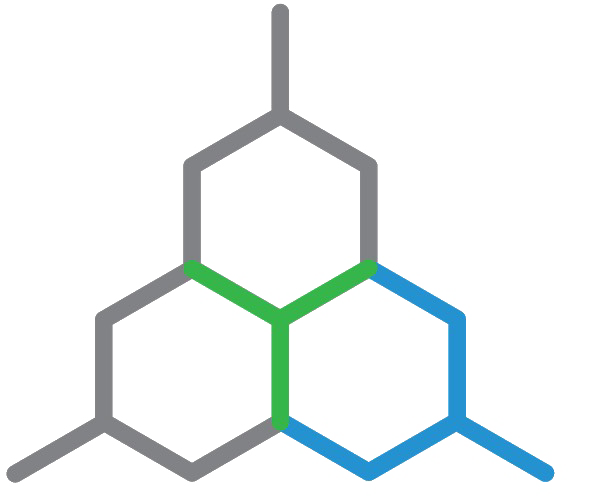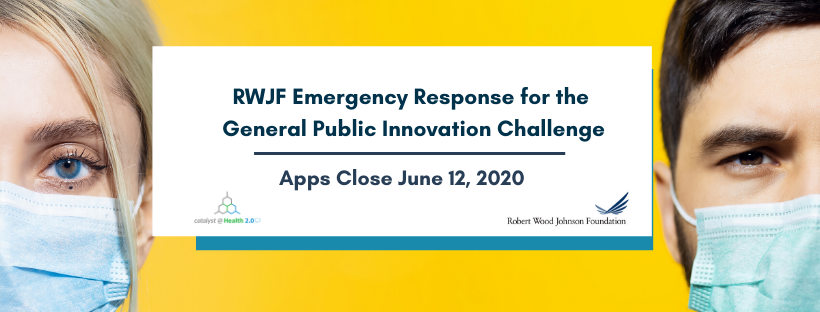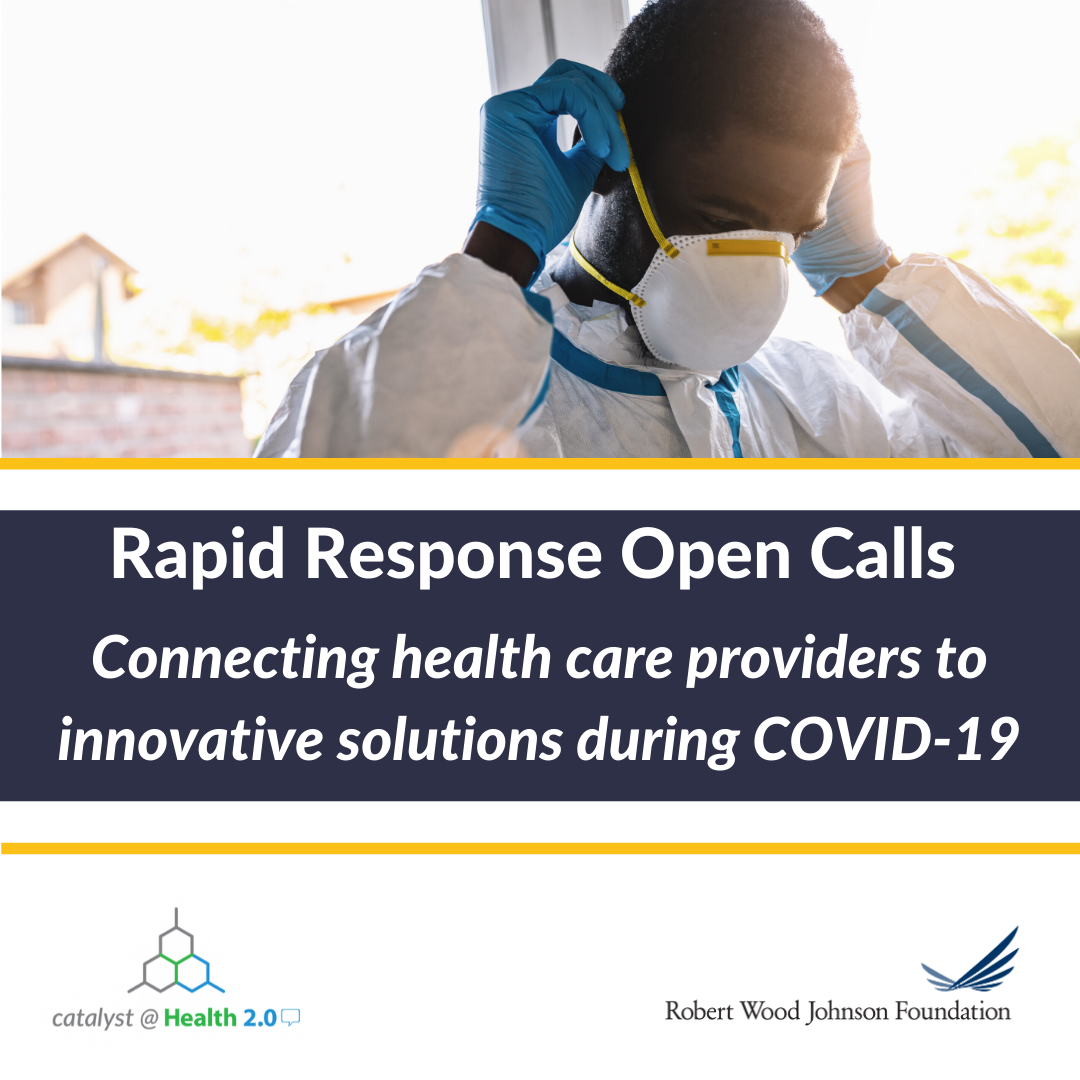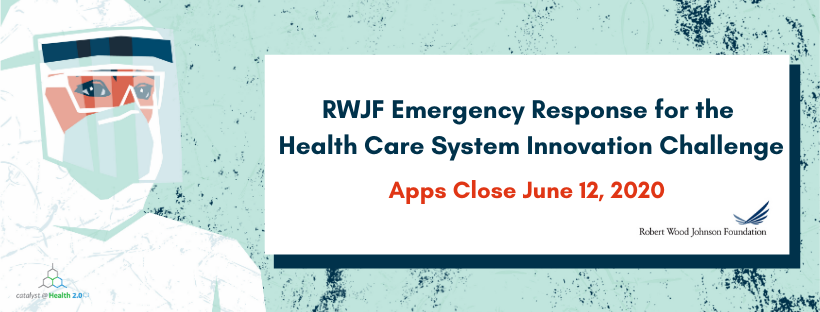UT and Vanderbilt Develop Tool to Safeguard Patient Data for COVID-19 Research
The National Science Foundation (NSF) has awarded a $200,000 grant to researchers at The University of Texas at Dallas and Vanderbilt University Medical Center who are developing an open-source tool for COVID-19. The software aims to address security concerns behind personal-level data use and sharing as COVID-19 research continues and contact tracing apps become more widespread. Combining location data with a person’s medical history increases the risk of being able to identify patients. The tool could flag instances where data should only be shared on a restricted basis.
Catalyst @ Health 2.0 Launches Rapid Response Open Calls (RROCs) in Response to COVID-19
Applications for Rapid Response Open Calls (RROCs) are still OPEN! RROCs are launched on Catalyst’s Health Tech Responds to COVID-19 platform, and aim to connect health care providers with urgent needs to the digital health community. RROCs can be streamlined within days, and have the potential to support organizations, hospitals, health systems, and more to leverage health tech solutions to maximize their response to COVID-19.
Interested in learning more about the ways we can work together to solve your organization’s needs? Click here.
RWJF Emergency Response for the General Public Challenge: Apps Closing Soon
The Robert Wood Johnson Foundation is seeking digital health tools that can support the diverse needs of individuals during an emergency situation. During an emergency situation, (e.g. pandemics and outbreaks, natural disasters or severe weather, radiation and chemical spills) the public faces a deluge of information, misinformation, and recommendations. In addition, they may lack access to vital resources like health care, medications for chronic conditions, emotional support, food, and shelter. These challenges may have potentially life-threatening implications for individuals and their communities.
Example solutions include:
Solutions that help consumers understand clinical guidelines/recommendations during an outbreak
Apps that connect consumers with resources (e.g. cleaning supplies, medications, testing capability) during an emergency or disaster
Technologies that address consumers’ physical and mental well-being during and following emergencies
How the challenge works:
In Phase I, innovators submit their tech-enabled solutions addressing the challenge topic by June 12th, 2020 11:59 PM ET. Judges will evaluate the entries based on Impact, UX/UI, Innovation/Creativity, and Scalability. The top five teams will move onto Phase II.
Do you have a health tech solution that can address the obstacles faced by the general public during an emergency? Apply today!






